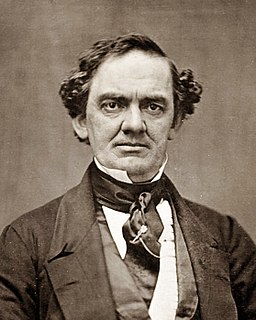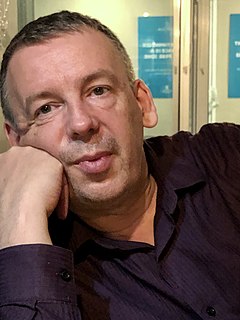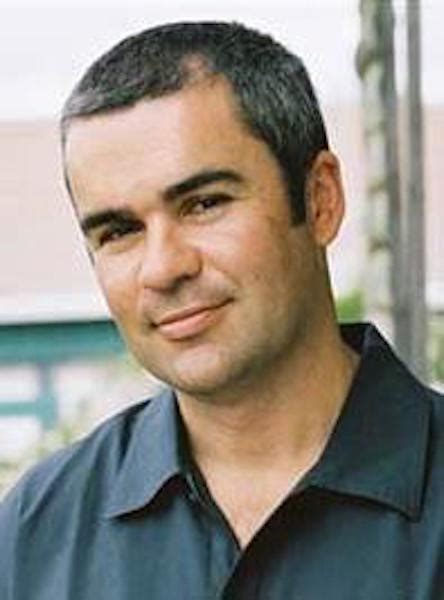A Quote by Stephen Jay Gould
I don't think academic writing ever was wonderful. However, science used to be much less specialized.
Quote Topics
Related Quotes
I can think of very few science books I've read that I've called useful. What they've been is wonderful. They've actually made me feel that the world around me is a much fuller, much more wonderful, much more awesome place than I ever realized it was. That has been, for me, the wonder of science. That's why science fiction retains its compelling fascination for people. That's why the move of science fiction into biology is so intriguing. I think that science has got a wonderful story to tell.
However baby man may brag of his science and skill, and however much, in a flattering future, that science and skill may augment; yet for ever and for ever, to the crack of doom, the sea will insult and murder him, and pulverize the stateliest, stiffest frigate he can make; nevertheless, by the continual repetition of these very impressions, man has lost that sense of the full awfulness of the sea which aboriginally belongs to it.
For ten years, I wrote regular columns about science for women's magazines, and to my knowledge I'm the only person in the world who can say that. This has no kudos in either the science-writing world or the academic world, but it's one of the most challenging things I've ever done. It's much harder to write about cosmology for a magazine like Vogue than for the New York Times, which I've also written for, because you have to imagine that on the page opposite there'll be an advertisement for eyeliner, or an article about the latest trends in skirt length.
There's actually a wonderful quote from Stanley Fish, who is sometimes very polemical and with whom I don't always agree. He writes, "Freedom of speech is not an academic value. Accuracy of speech is an academic value; completeness of speech is an academic value; relevance of speech is an academic value. Each of these is directly related to the goal of academic inquiry: getting a matter of fact right."
Think of how many religions attempt to validate themselves with prophecy. Think of how many people rely on these prophecies, however vague, however unfulfilled, to support or prop up their beliefs. Yet has there ever been a religion with the prophetic accuracy and reliability of science? ... No other human institution comes close.
There was no real strategic decision about editorial tone. It was kind of a write whatever you want to write, and we'll see how it goes. I think that we lucked out in that all of the women who started writing at Feministing.com were really funny, and I don't think that's something people are used to seeing or hearing when they read feminism. You know, you think feminism and you kind of think academic, women's studies, dry, humorless; there are all of these stereotypes that go along with what feminist thought is and what feminist writing is.
My literary criticism has become less specifically academic. I was really writing literary history in The New Poetic, but my general practice of writing literary criticism is pretty much what it always has been. And there has always been a strong connection between being a writer - I feel as though I know what it feels like inside and I can say I've experienced similar problems and solutions from the inside. And I think that's a great advantage as a critic, because you know what the writer is feeling.



































